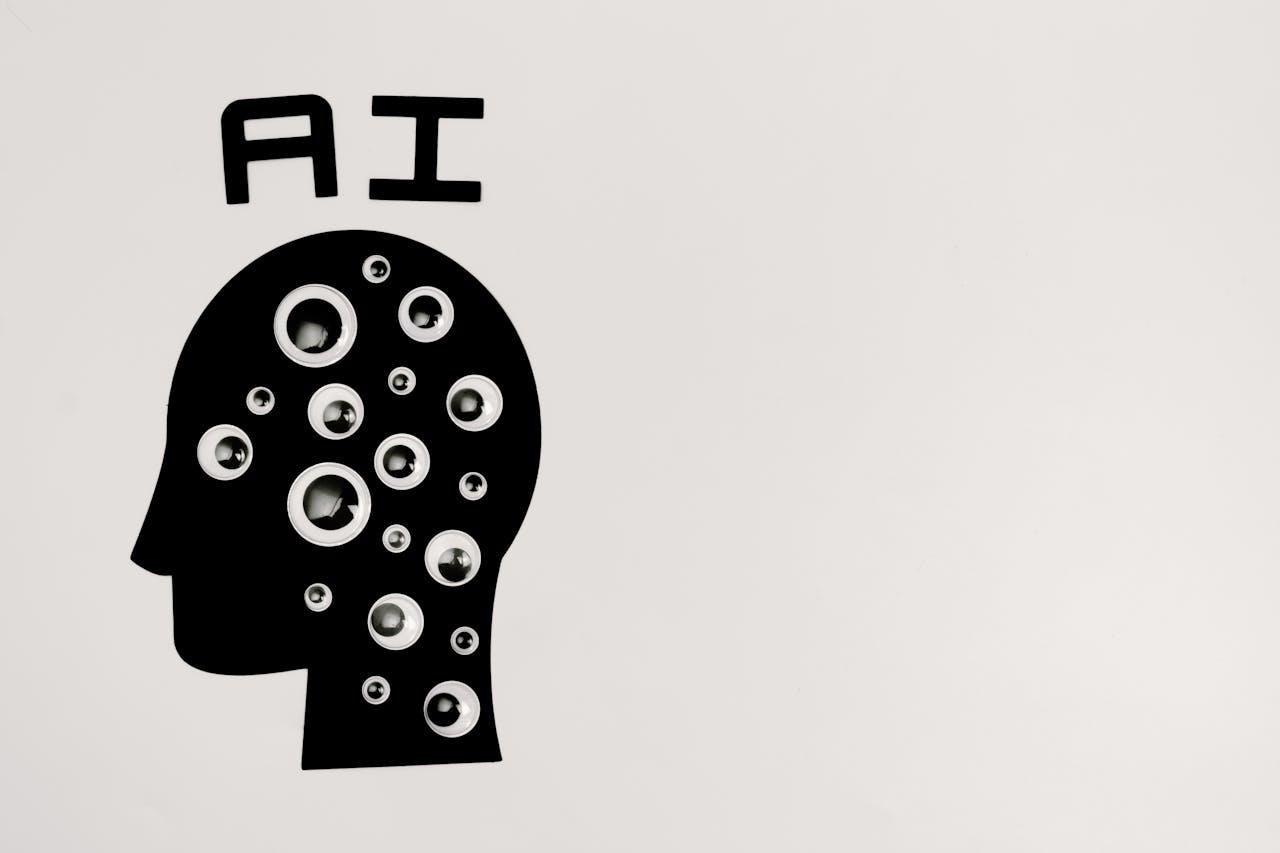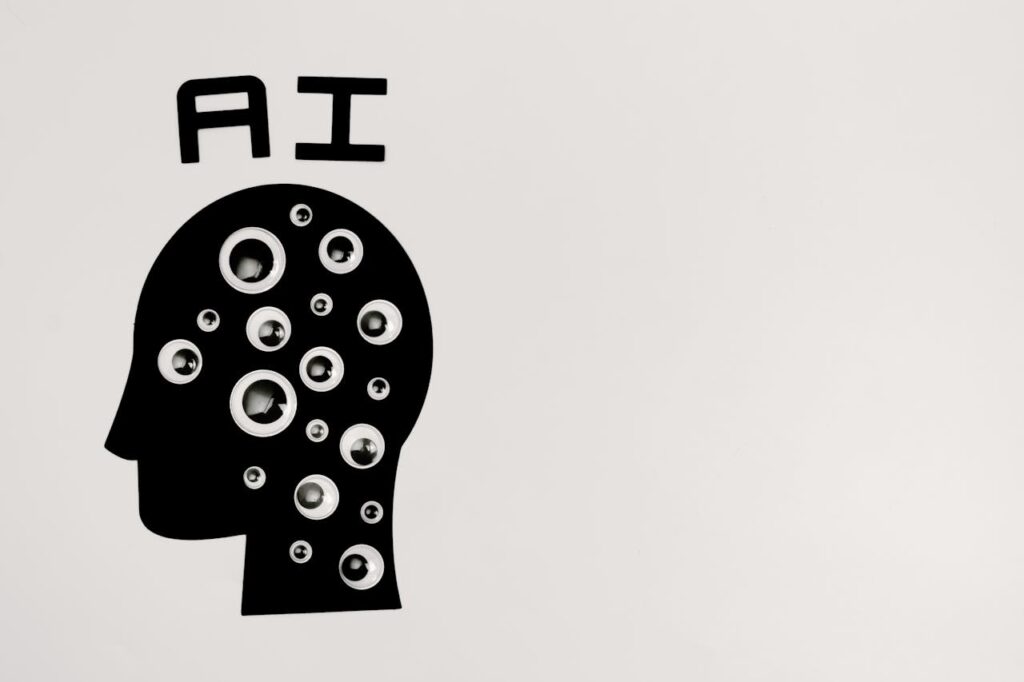
In the world of artificial intelligence (AI), smaller is proving to be smarter. Recent breakthroughs from Microsoft researchers have unveiled a new era of computing, where AI models are compact enough to run on everyday devices like smartphones and laptops.

Gone are the days when AI models required hefty cloud infrastructure to function. With innovations like Phi-3-mini, Microsoft is leading the charge in creating pocket-sized AI models capable of running on smartphones and laptops without compromising on performance.
Phi-3-mini, part of Microsoft’s family of smaller AI models, packs a punch comparable to its larger counterparts. It boasts impressive capabilities, rivaling even the renowned GPT-3.5 model from OpenAI. This breakthrough opens doors to a multitude of AI applications that can operate independently, without relying on cloud connectivity.
The implications of these advancements are profound. By harnessing the power of localized AI, users can enjoy faster response times, enhanced privacy, and entirely new use cases previously unimaginable under the cloud-centric model. Imagine AI apps seamlessly integrated into your device’s operating system, providing personalized assistance and insights while keeping your data secure.
Microsoft’s approach to AI development offers valuable insights into the future of computing. By being selective about training data and focusing on quality over quantity, researchers have achieved remarkable results with scaled-down models. This challenges the notion that bigger is always better in AI, suggesting that education and curation play crucial roles in enhancing AI capabilities.
As the tech landscape evolves, other industry giants are taking note. Apple, known for its emphasis on user privacy and device-centric innovation, is expected to unveil its AI strategy at the upcoming WWDC conference. With a focus on localized machine learning, Apple could redefine the AI landscape by prioritizing pocket-sized intelligence over cloud dominance.
In this new era of computing, size no longer dictates intelligence. With pocket-sized AI models leading the way, the future of technology is becoming increasingly personalized, responsive, and accessible. As we embrace these advancements, we embark on a journey towards a more connected, intelligent, and empowering digital world.

